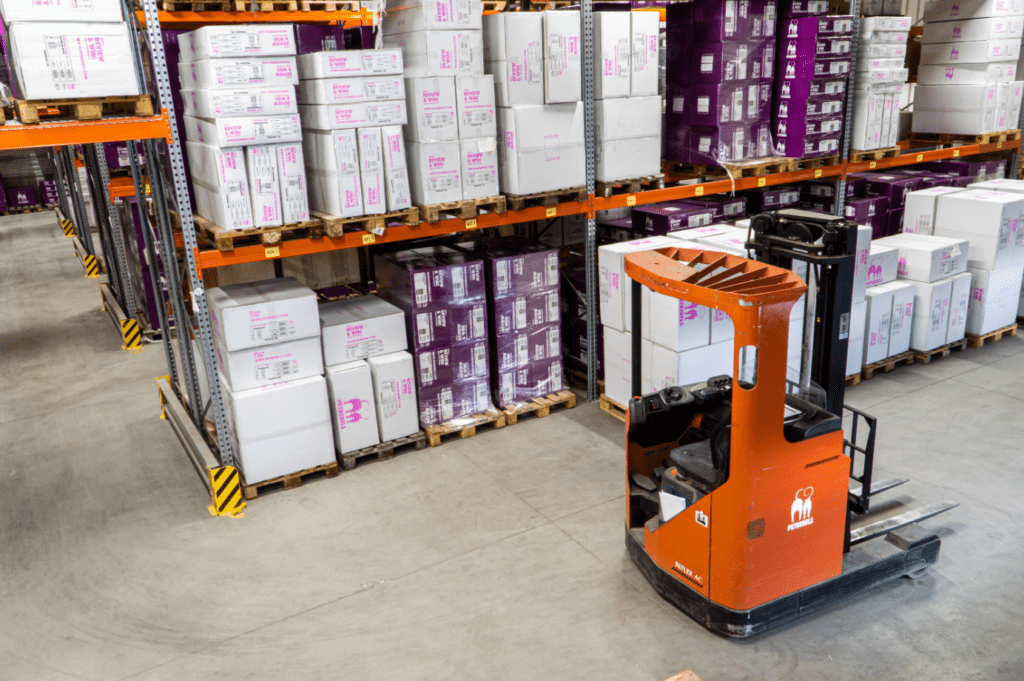The number of reports of price gouging doubled during the coronavirus pandemic.
There were 605 such reports made in 2020, compared to 340 the year before, according to De Tijd.
But while the Economic Inspectorate carried out far more inspections (342 compared to 64 the year before), only 37 reports were drawn up.
“In principle, pricing in our country is free and abnormal profits are very difficult to prove,” said Economy Minister Pierre-Yves Dermagne. “It is also a purely Belgian law that cannot be enforced against foreign web shops.”
MP Leen Dierick requested the figures as part of his intentions to raise awareness about “dropshipping,” where customers think they’re buying online from a Belgian shop, but the goods they purchase are actually coming from other countries, like China.
While dropshipping isn’t technically illegal, it’s often tied to other tactics that are, like deception and fraud.
For example, a shop may list its website on a “.be” domain, which would lead a customer to believe they’re located in Belgium. The customer then buys one of the shop’s advertised products, but the package that shows up at their doorstep is postmarked from China. Later, they discover that same product being sold on a foreign website (one without a “.be” designation) for far less.
This scenario often leads to reports of price gouging.
Related News
- Belgium ranks 5th worldwide on ports of entry for counterfeit containers
- When Sky ECC fell, so too did Belgian crime lords
Closing down the websites is possible, but generally only ever done for the most serious infringements. The Economic Inspectorate said most dropshipping websites disappear on their own after doing a brief spree of advertising on social media and turning a profit.
Dermagne sees no reason to tighten the Belgian law, which already requires online shops to disclose contact details such as the name, e-mail address, geographical address, and company or VAT number.
Motivated citizens looking to shop locally could therefore check the details of an online store before making a purchase.
“It is good that the number of inspections is being increased,” said Dierick. “But it would be best to also start an extra awareness campaign for consumers.”
Helen Lyons
The Brussels Times

